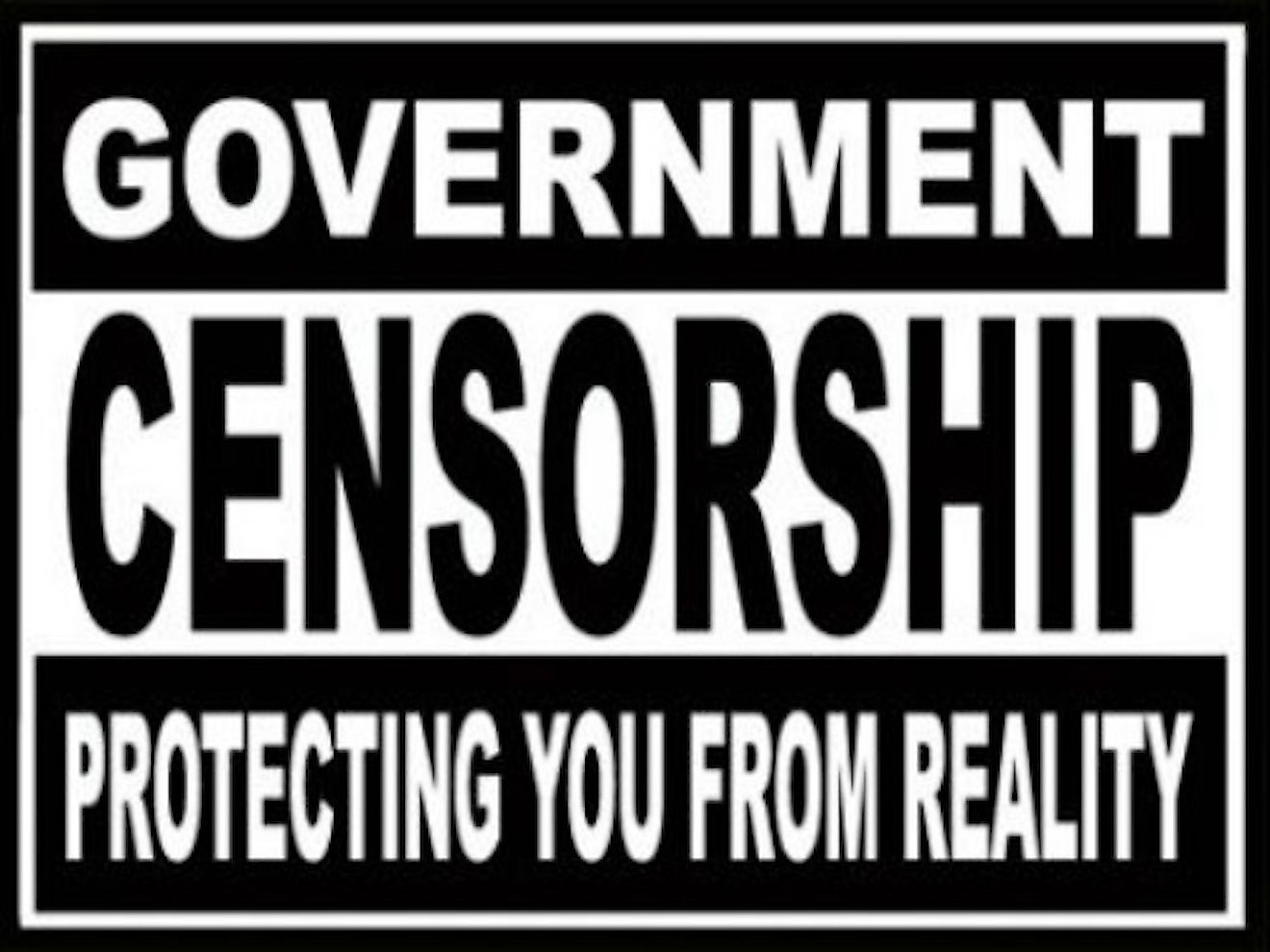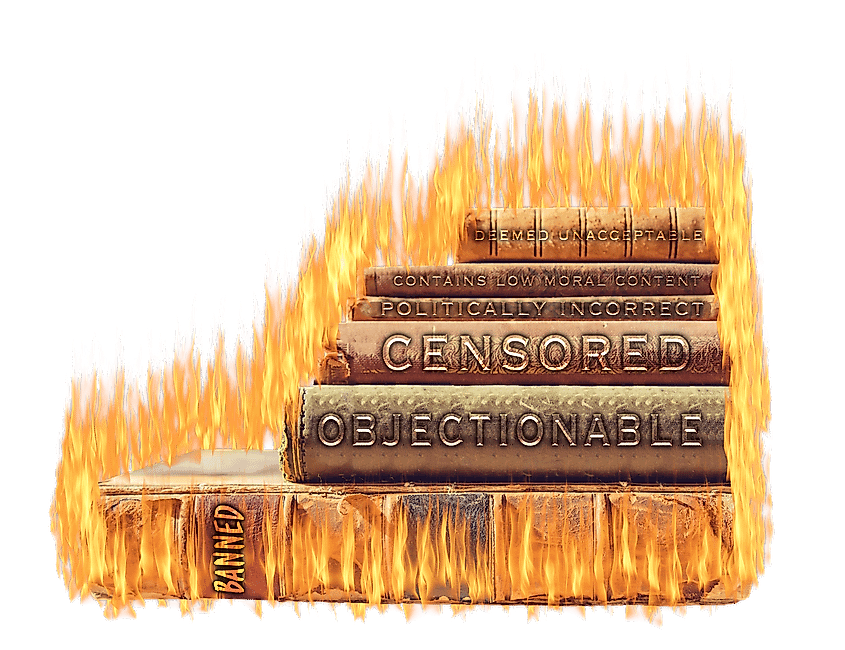What Is State Censorship?

- In 399 BC, Socrates was executed for corrupting the youth
- More than 40,000 manuscripts were destroyed when the university of Alexandria was burned down
- Obscenity is one of the reasons given for censorship
State censorship refers to the suppression of public communication, speech, or any information that is deemed harmful, objectionable, inconvenient, or sensitive by the state. Censorship can be carried out by the government, corporations, or private institutions. Similarly, other institutions or groups could petition or propose for censorship of any information. If individuals such as authors or other creators carry out censorship of their speech or their works, it is known as self-censorship. Censorship is carried out in various types of media such as music, books, films, speeches, and other forms of art. They also include radio, press, internet information, and television.
History Of Censorship
One of the earliest forms of public censorship was carried out in 399 BC when Socrates was executed because of his perceived influence on youth in Rome. In 213 BC in China, Qin Shi Huang who was the Emperor and Li Si who was a Minister gave the orders for several philosophies and history books to be destroyed. The leader wanted his subjects to believe that the world began with his rein. Between 50 BC and 70 AD, one of the most critical cases of censorship to this day was experienced when the Library of Alexandria was burnt. The fire destroyed more than 40,000 copies of different manuscripts. Similarly, in 292 AD, the alchemist books were burned by the Egyptian emperor in Alexandria. In 1562, a Spaniard acting bishop in Yucatan, Fray Diego de Landa burned several books of Maya because they conflicted with the Christian teachings he was attempting to teach. Other common censorship in the past was carried out in Germany, Paris, Russia, and other countries.
Why Is Censorship Carried Out?

Some of the reasons given for censorship include control of obscenity, national security, hate speech, child pornography, to restrict or promote religious or political views, to protect vulnerable groups such as children, and to prevent libel and slander. Moral censorship refers to removing materials believed to be morally questionable or otherwise obscene. Child pornography is censored in different jurisdictions and is illegal. Military censorship is keeping confidential of military tactics and intelligence away from the enemy. Other types of censorship exercised for various reasons include corporate censorship, religious censorship, and political censorship.
Examples Of Modern Censorship
The US Department of Defense (DoD) in September 2010 censored the memoirs titled Operation Dark Heart. It was authored by an army reservist Lt. Col. Anthony Shaffer. The DoD acquired and destroyed all the first editions totaling 9,500 copies. It was claimed the memoirs had classified information that was believed could damage the country’s national security. St. Martin’s Press was the publisher and later, together with the DoD issued a second edition that was censored. The second edition had paragraphs, lines, and some of the indexes blacked out. In the UK, a novel titled “Lord Horror,” published in 1990 and authored by David Britton, was banned in 1991. The book was claimed to contain obscene content, and the judge gave the order for all the remaining print run to be destroyed. However, the ban was lifted in July 1992, following the Appeal Court ruling, but the book has remained out of print.











